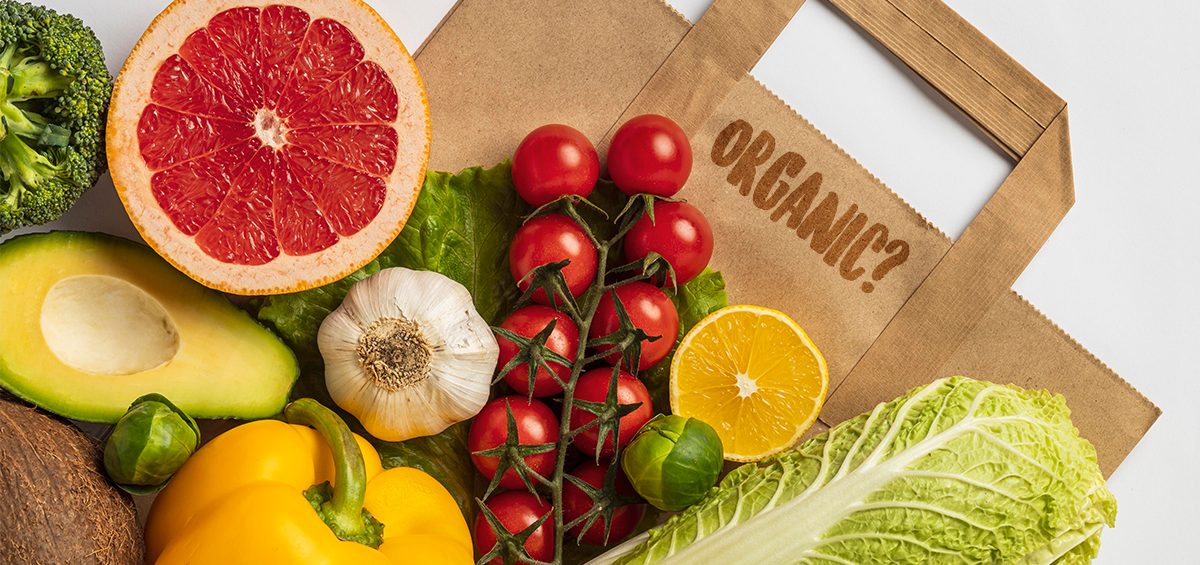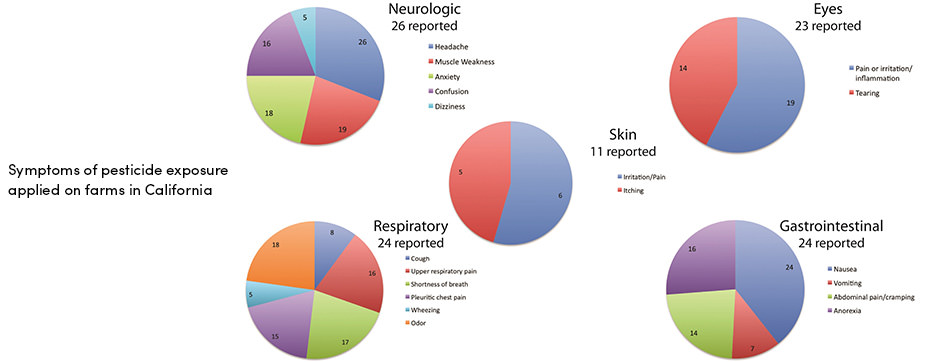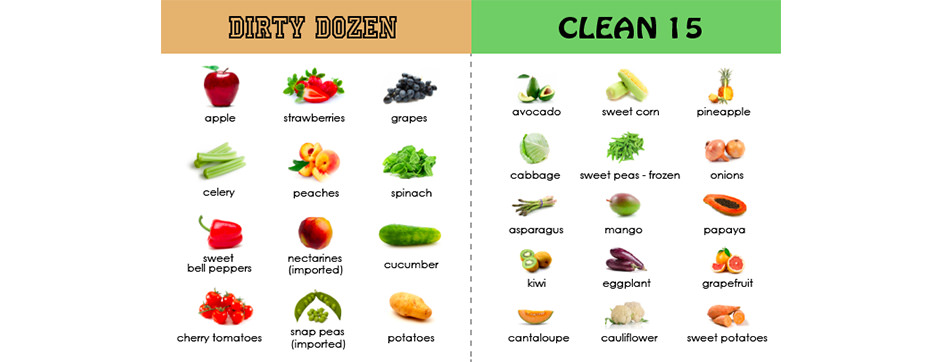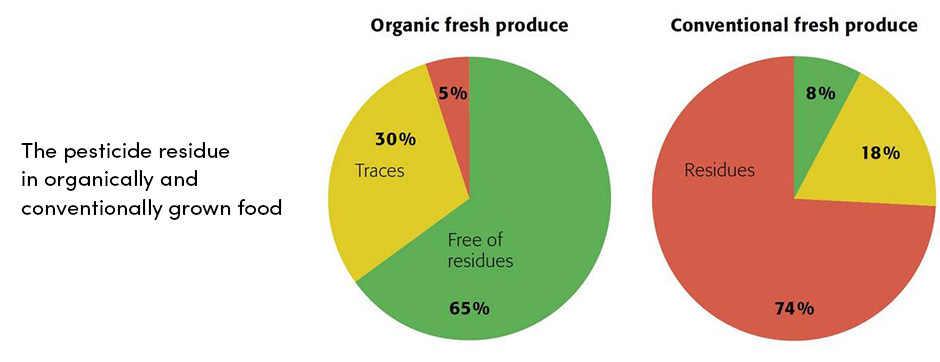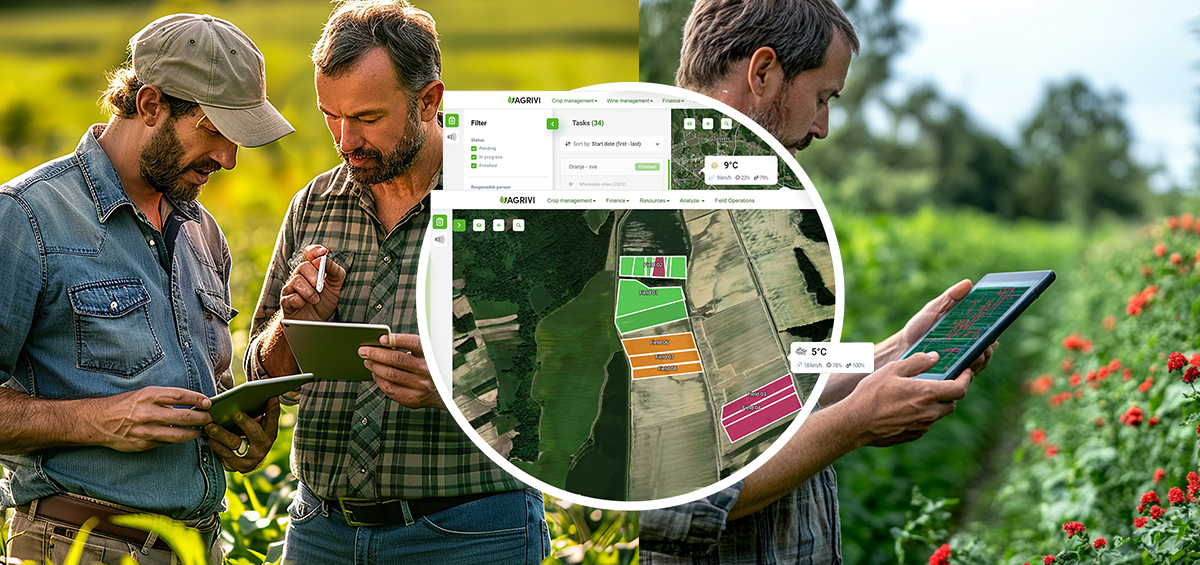Intensive farming is a common practice among farmers aiming to produce more food for the growing population. Intensive farming maximizes yields through various means such as heavy use of pesticides which tend to be used untimely, in too many applications and in too high of a dosage. Although the use of pesticides has its benefits, such as controlling or killing potential disease-causing organisms and insects, weeds and other pests which are directly reducing yield and increasing cost for the end consumers there are many drawbacks too:
- Gradual soil erosion
- Threat of toxicity to humans and other animals
- Increased pest resistance
- Unintentional damage to beneficial bugs.
Astonishingly, over 98% of sprayed insecticides and 95% of herbicides reach a different destination than intended, including non-targeted insect species, air, water, bottom sediments, and food. As insects and weeds develop a resistance to pesticides, farmers are forced to use even more chemicals to protect their crops. Why should you care about pesticides? The Environmental Working Group points out that there is a growing consensus in the scientific community that small doses of pesticides and other chemicals can have adverse effects on human health, especially during vulnerable periods such as fetal development and childhood.
Taking into account how people typically wash and prepare produce – for example, apples were washed and bananas peeled before eating, there are twelve fruits and vegetables listed as ”Dirty dozen” as the most contaminated crops by pesticide use. On the other hand, there are also the ”Clean 15”, the list of fruits and vegetables with the lowest pesticide load which are consequently the safest conventionally grown crops to consume from the standpoint of pesticide contamination.
When it comes to pesticide use, there is more to consider than just the residues that are ingested by the consumer. Although peeled foods such as apples, bananas and kiwis may spare the consumer from significant pesticide exposure, it is possible that large amounts of pesticides and herbicides are used on the farms from which these originate, contaminating groundwater, promoting erosion and otherwise damaging local ecosystems. To help promote the health of the planet as well as your own health, it’s best to buy organic or even produce your own organic food.
If you are not familiar with farming practices and lack the skill to farm effectively, AGRIVI farm management software can help you out. AGRIVI gives you the knowledge of best organic farm practices for 100 crops and helps you track all organic materials and other inputs on your farm. More experienced organic farmers can find the benefit in easy tracking of their profitability, with powerful AGRIVI analytics and reports. Pesticides are used all over the world. They have become a part of our life and realistically help ensure sufficient quantities of food which is essential to support the growth of population we are currently experiencing. However, you can still find enough organic produce that is not only pesticide free but also richer in-nutrients and antioxidants.
Text sources: Weil
Image sources: Emaze || Unearth Kern
